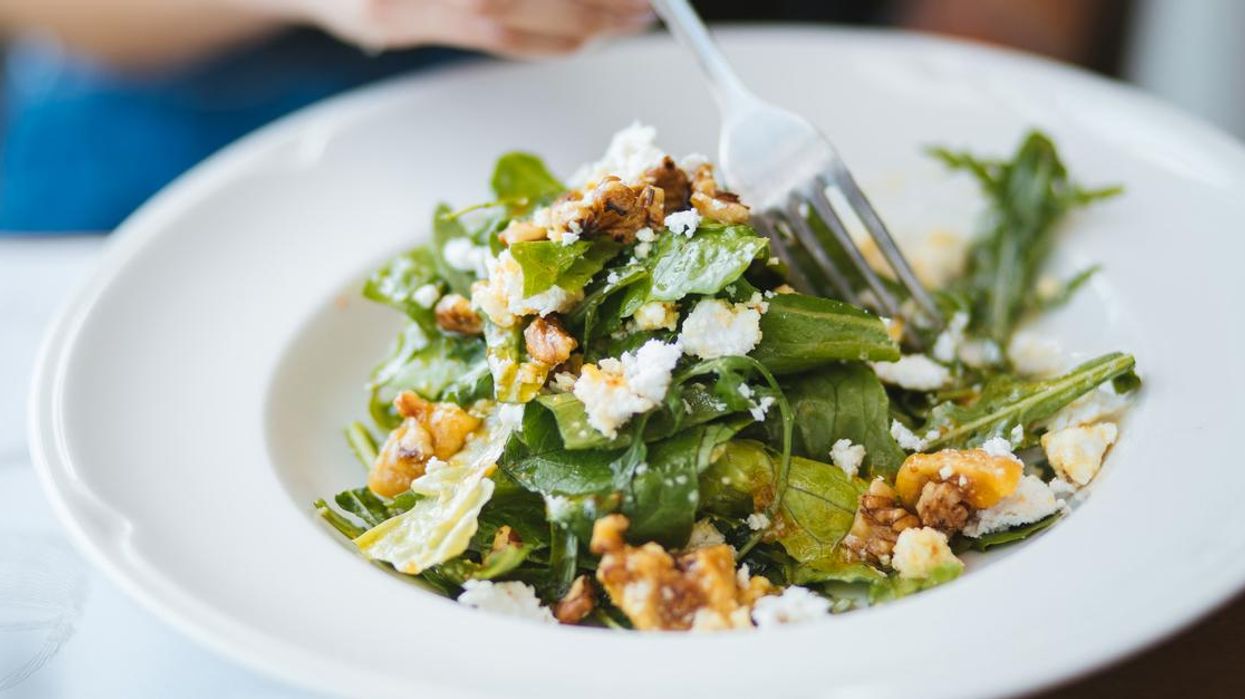News
Greg Evans
Mar 25, 2018

Picture:
Getty Images/iStockphoto
Research has found that sticking to a low-fat diet may help preserve brain cells in later life and is potentially more effective than exercise.
Diets that have 40 per cent fewer calories than the recommended intake are believed to have reduced the inflammation in a mice's brain cells and maintain the brain tissue.
This has been discovered thanks to research conducted by the University Medical Centre Groningen in The Netherlands and have been published in Frontiers in Molecular Neuroscience.
They specifically looked at the Microglia cell, which keeps the organ functioning properly. Dr Bart Eggen who was the lead author of the study is quoted by PsyBlog as saying:
Obesity and aging are both prevalent and increasing in societies worldwide, but the consequences for the central nervous system are not well understood
We determined if a high- or low-fat diet, in combination with exercise and food restriction, impacted microglia during ageing in mice.
Inflammation in brain cells is known to have been linked to diseases such as multiple sclerosis, Rasmussen's encephalitis and dementia, so this breakthrough could be considered to be highly significant.
However, there could be a catch to this approach, as it is noted that the mice were fed on the low-fat diet for their entire lives and it isn't clear whether switching to the diet would help someone who had eaten a fatty diet previously.
The experiment involved the researchers giving six-month-old mice either a low-fat or high-fat diet to see how calories affected the rodents brain inflammation.
Two-year-old mice were also introduced to a similar experiment where they could either choose to use a running wheel for exercise or eat the low-fat diet.
Eggen adds:
Aging-induced inflammatory activation of microglia could only be prevented when mice were fed a low-fat diet in combination with limited caloric intake.
A low-fat diet per se was not sufficient to prevent these changes.
Nevertheless, these data do show that, in mice, the fat content of a diet is an important parameter in terms of the detrimental effects of ageing on the brain, as well as caloric intake.
Only when fat content and caloric intake are limited, can ageing-induced changes in microglia be prevented.
HT PsyBlog
More: This man managed to eat Dominos every day for a year and still lose weight
Top 100
The Conversation (0)













